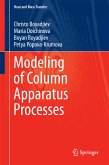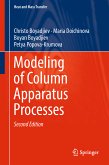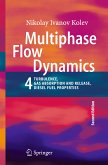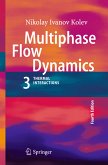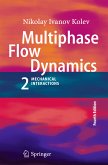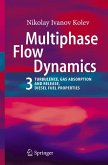Thermal Separation Technology is a key discipline for many industries and lays the engineering foundations for the sustainable and economic production of high-quality materials. This book provides fundamental knowledge on this field and may be used both in university teaching and in industrial research and development. Furthermore, it is intended to support professional engineers in their daily efforts to improve plant efficiency and reliability. Previous German editions of this book have gained widespread recognition. This first English edition will now make its content available to the international community of students and professionals. In the first chapters of the book the fundamentals of thermodynamics, heat and mass transfer, and multiphase flow are addressed. Further chapters examine in depth the different unit operations distillation and absorption, extraction, evaporation and condensation, crystallization, adsorption and chromatography, and drying, while the closing chapter provides valuable guidelines for a conceptual process development.
Dieser Download kann aus rechtlichen Gründen nur mit Rechnungsadresse in A, B, BG, CY, CZ, D, DK, EW, E, FIN, F, GR, HR, H, IRL, I, LT, L, LR, M, NL, PL, P, R, S, SLO, SK ausgeliefert werden.



